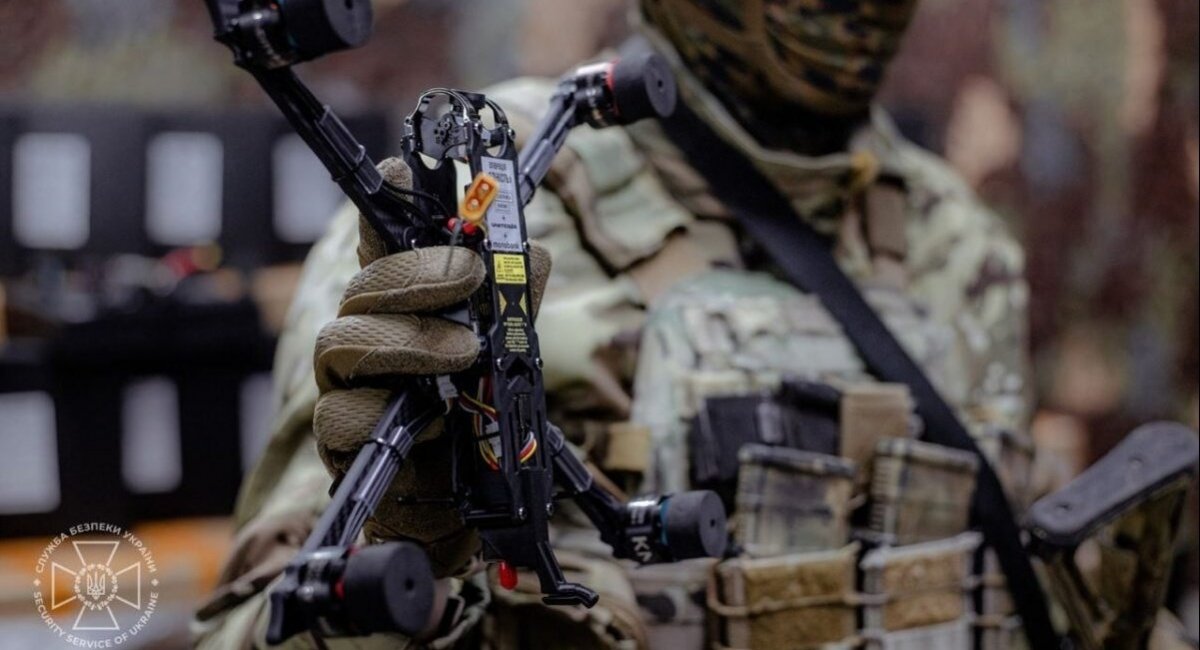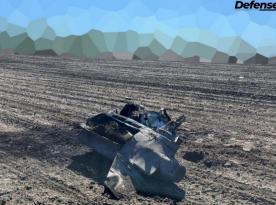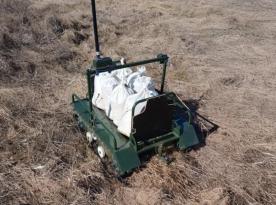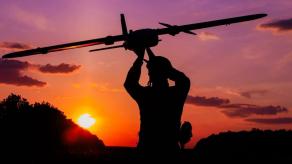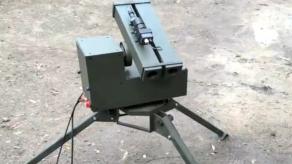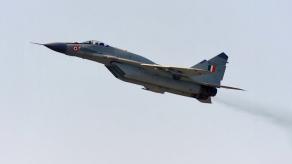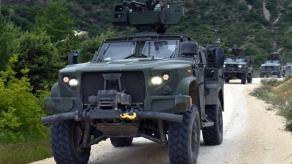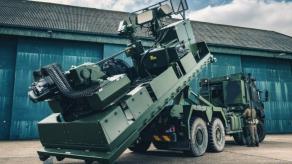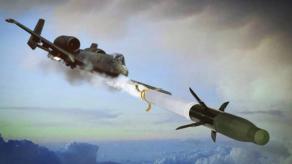Poised to ramp up the production of FPV drones up to one million a year, Ukraine is facing one more challenge to overcome — besides speeding up the assembly of drones and supply of explosives to them, — which is personnel training. This is an important matter, since piloting an FPV is much more difficult than a standard commercially available copter; it takes precision and a good vestibular system, for example.
This is the second article in which Defense Express talks to Andrii, callsign Synoptyk, a Ukrainian reserve soldier, creator and chief manager of the Blakytne Nebo school for aerial drone operators, about the aspects encompassing Ukraine's combat application of FPV drones and challenges along the way of increasing their production. Previous article here:
Read more: FPV Drone Production Needs Standards, Ukrainian Expert Warns
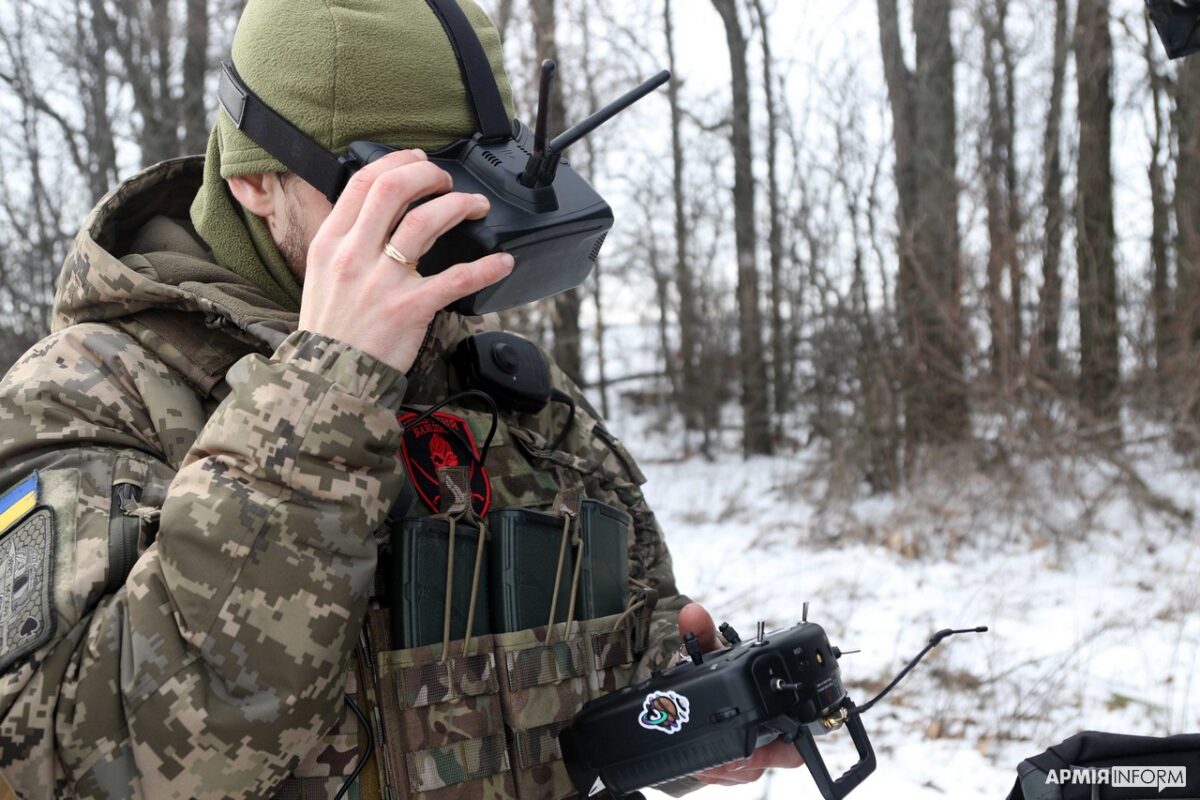
The school Andrii is running has prepared about 400 proficient drone pilots since its opening in June 2022. "Almost each one of them are using their skills somewhere on the frontline," he says. This school's specialty is operating multi-rotor systems, i.e. copters.
Andrii stressed how difficult it is to navigate the FPV drone specifically: "This modification of the multi-rotor system wasn't made for this type of operation at all. It was more of a high-speed high-tech toy."
Therefore preparing a drone pilot to accomplish combat tasks is a no less demanding process. Synoptyk says one has to spend 200 hours in simulations and "crack three to five drones" until the soldier gets the hang of it and learns to use this weapon to great effect on the battlefield.
One more characteristic issue pertain to FPV drones is how many of them a person can effectively navigate in a short period of time: "That depends on the person, his vestibular system. Three to five [drone launches] one can take, but then he starts making a huge amount of mistakes," Andrii notes.
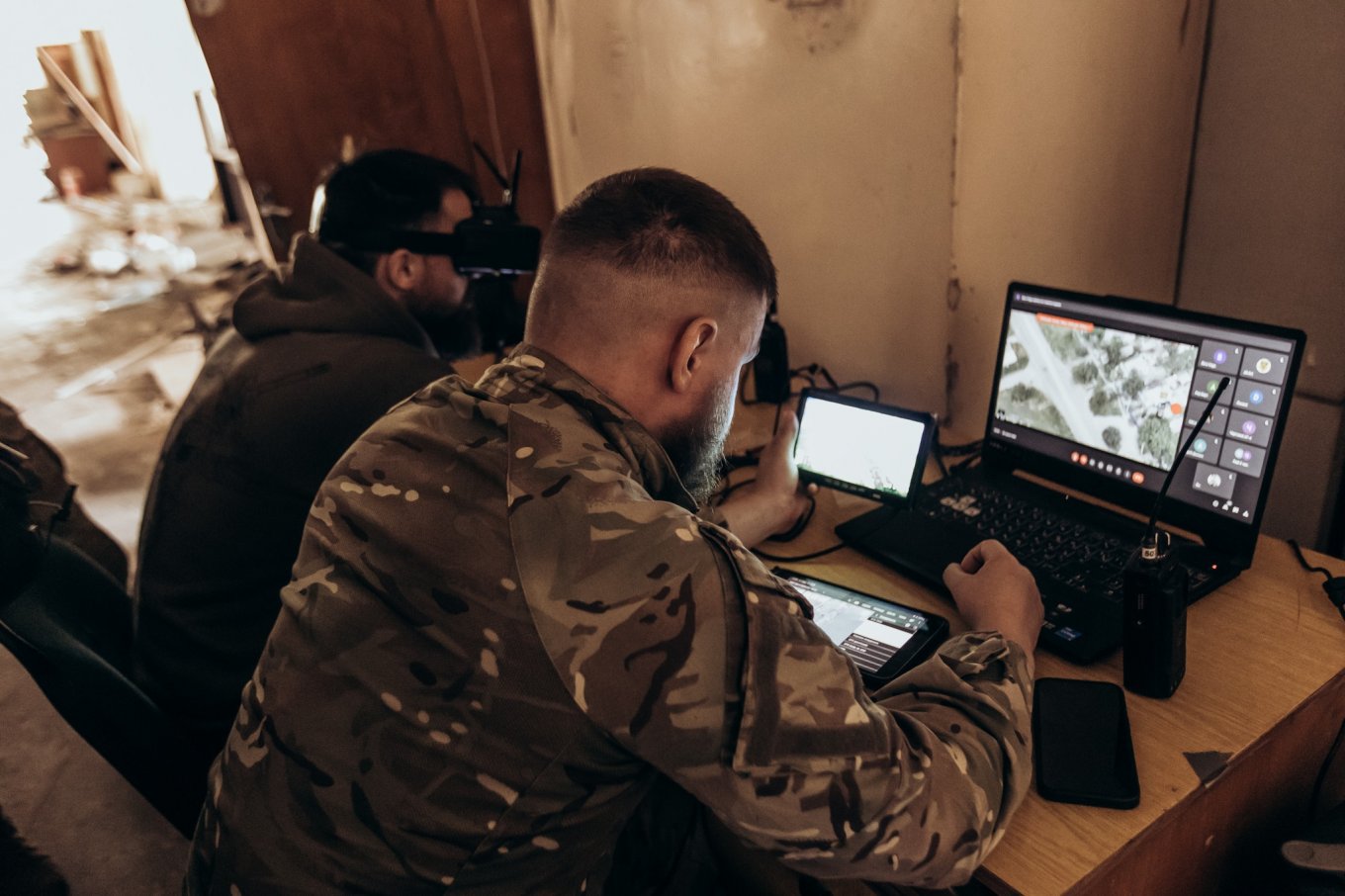
He says, today, Ukrainian forces are falling behind in speed of training required to meet the growing demand for specialists, and this kind of problem is all the same across various unmanned aerial systems, as soon as production starts outpacing the training of personnel.
"You need to prepare FPV pilots in advance, and it takes a month or two. I don't see any other way," Andrii says. On a note from Defense Express, this training not only takes time, but also management, sufficient number of available coaches, and, once again, spare FPV drones that can break in the process.
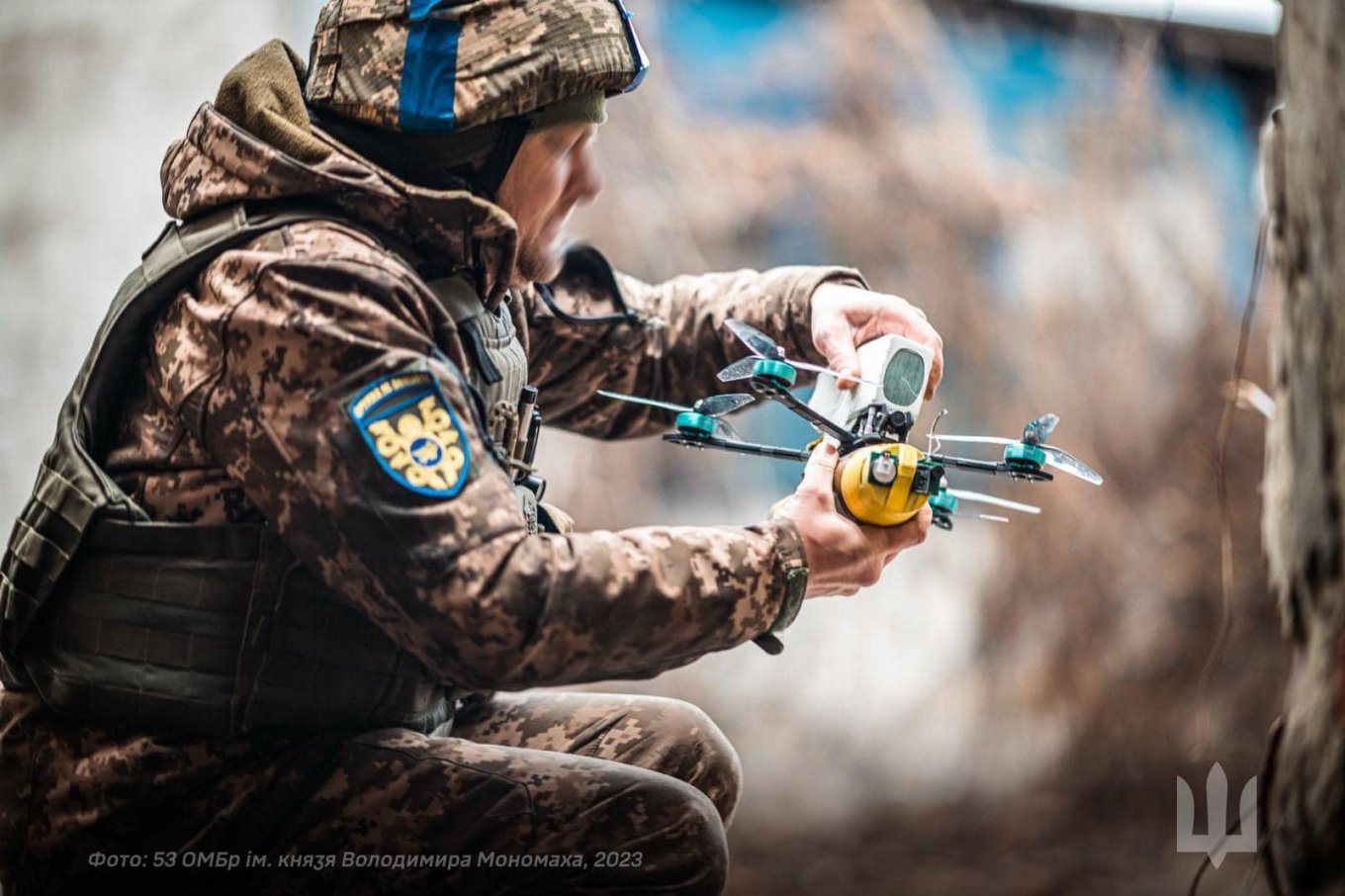
Read more: Ukrainian Soldiers of 47th Brigade Force russians to Abandon Their Advanced T‑90M Proryv Tank (Video)




